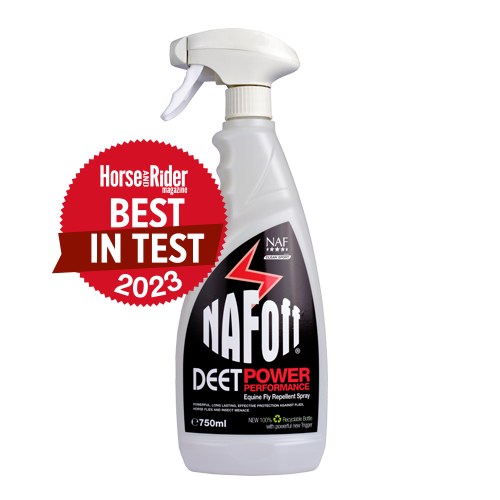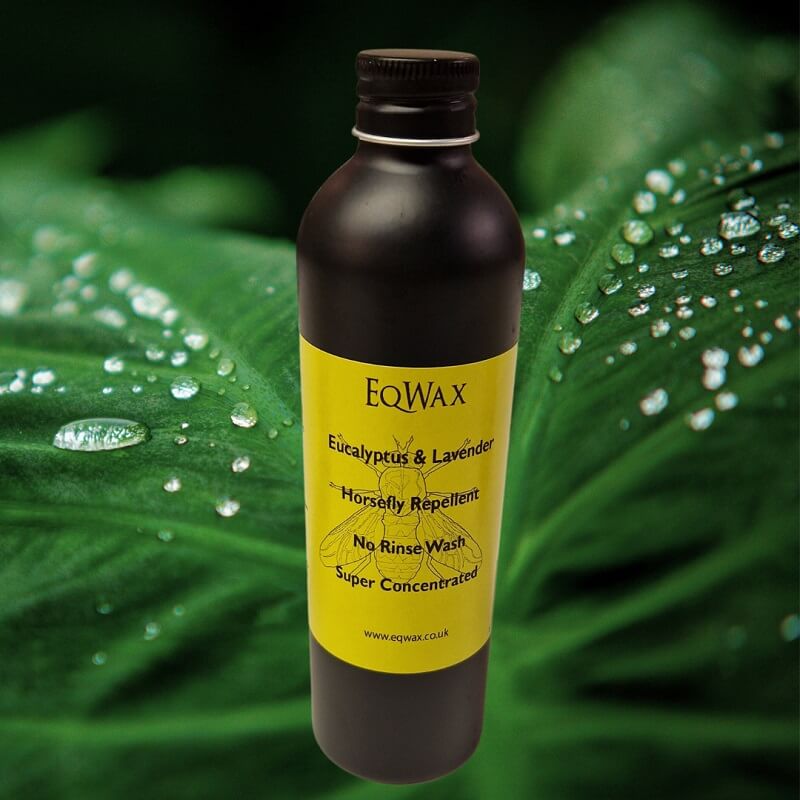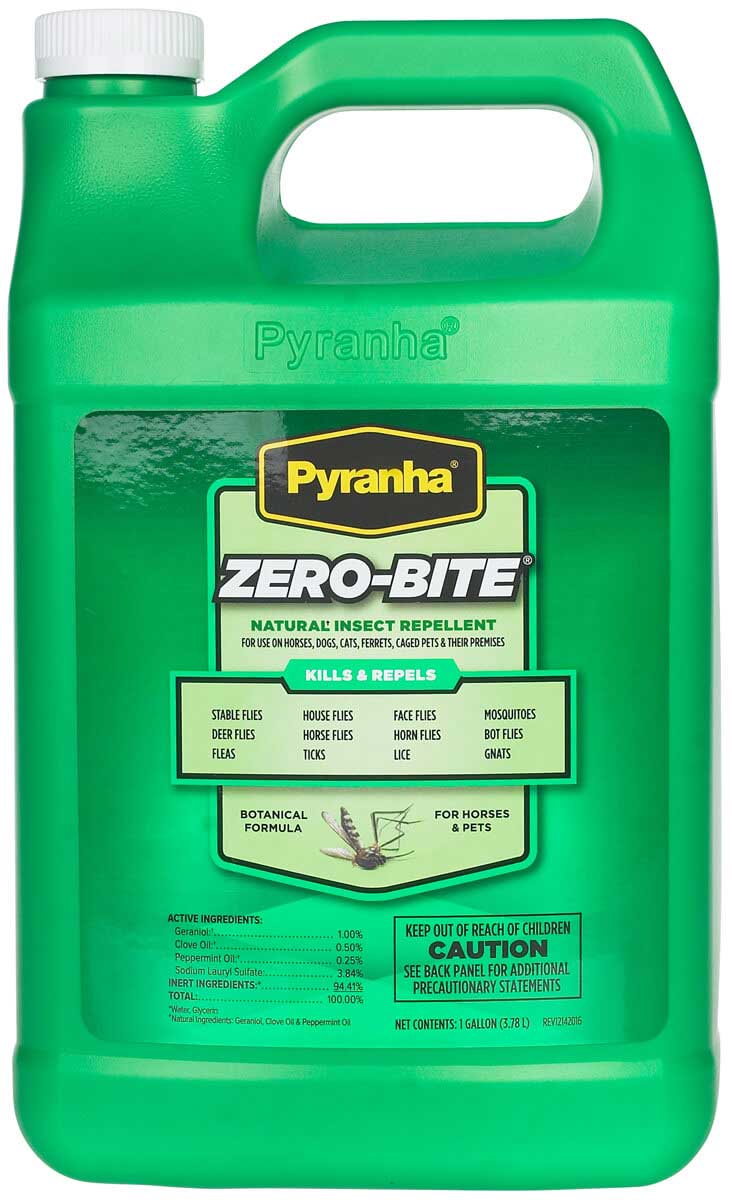Natural Fly Repellents That Actually Work for Your Horse

Flies can be a major nuisance for horses, causing discomfort and even health issues. While chemical repellents are common, many horse owners prefer natural alternatives that are safer for their animals and the environment. This article explores effective natural fly repellents, how they work, and tips for application.
Why Choose Natural Fly Repellents?

Natural fly repellents are made from plant-based ingredients and essential oils, avoiding harsh chemicals that can irritate your horse’s skin or cause allergic reactions. They are eco-friendly, biodegradable, and often have pleasant scents.
Common Natural Ingredients That Repel Flies
| Ingredient | Description | How It Works |
|---|---|---|
| Citronella | Extracted from lemongrass, a popular insect repellent | Masks scents that attract flies |
| Lavender | Known for its calming scent and insect-repelling properties | Repels flies and soothes skin |
| Eucalyptus | Has a strong aroma that deters many insects | Disrupts fly sensory receptors |
| Peppermint | Cooling and refreshing scent | Confuses and repels flies |
| Neem Oil | Derived from the neem tree, with insecticidal properties | Interferes with fly feeding and breeding |
How to Make Your Own Natural Fly Repellent Spray
Ingredients:
- 1 cup water
- 1 cup witch hazel
- 20 drops citronella essential oil
- 15 drops lavender essential oil
- 10 drops peppermint essential oil
- 1 tablespoon neem oil
Instructions:
- Mix all ingredients in a spray bottle.
- Shake well before each use.
- Spray lightly on your horse’s coat, avoiding eyes and mucous membranes.
Tips for Using Natural Fly Repellents
- Apply repellent during early morning or late evening when flies are most active.
- Reapply after heavy sweating or rain.
- Test a small patch first to check for any skin sensitivity.
- Combine with physical barriers like fly masks and sheets for best results.
Frequently Asked Questions (FAQ)
Q: Are natural fly repellents as effective as chemical ones?
A: While natural repellents may require more frequent application, many are highly effective and safer for long-term use.
Q: Can I use these repellents on foals or pregnant mares?
A: Generally, natural repellents are safer, but always consult your veterinarian before use.
Q: How often should I apply natural fly repellent?
A: Typically, every 4-6 hours or after rain or heavy sweating.
Using natural fly repellents can keep your horse comfortable and protected without exposing them to harsh chemicals. Experiment with different ingredients to find the best combination for your horse’s needs.
